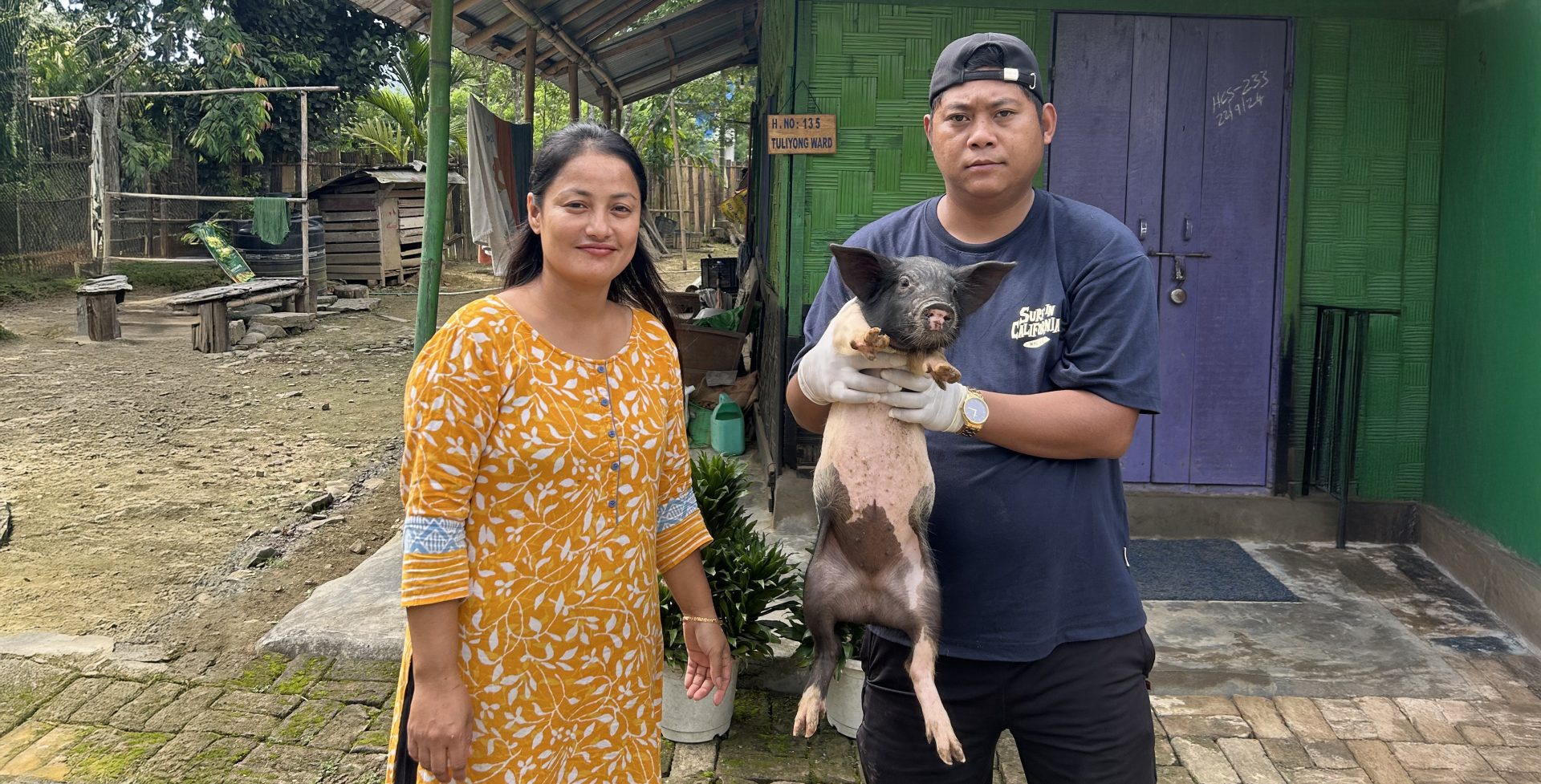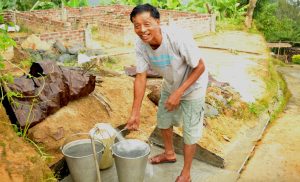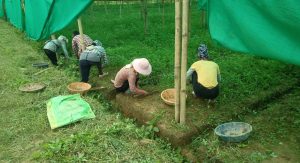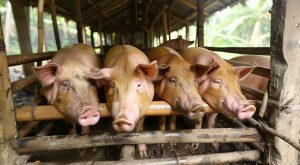Backyard Beginnings to Market Ventures a Piggery Farming project for women at rural area.
Women Empowerment Livelihood Program (WELP) a project supported Azim Premji foundation is on a mission to transform the lives of women, enabling them to take control of their lives and make independent decisions. In its first year, the project aims to reach 150 vulnerable women by distributing 400 piglets across three selected villages. So far, the program has reached 99 women in Kangtsung, Asangma and Tuli, distributing a total of 221piglets. The goal is to lift these women out of poverty and foster communal development by promoting empowerment,
independence, and a sense of ownership over their economic actions.
Despite a strong focus on health management, the unexpected mortality of three piglets highlights some of the challenges faced; however, the determination to overcome these obstacles remains strong. Community engagement is central to the program’s approach, with 12 community meetings planned, of which 7 have already been mobilized. Dedicated field mobilizers in Kangtsung and Asangma are working closely with the project management team to
ensure goals are met. These mobilizers play a crucial role in community engagement, beneficiary identification and providing weekly monitoring.
The program also focuses on equipping beneficiaries with essential skills in pig management, offering training on piggery health management, feed and pigsty management. Training sessions on various topic related to pig farming is being conducted in the selected villages to empower women with the knowledge needed to succeed. Continued support will enable further positive impacts on the lives of these women and their communities.






